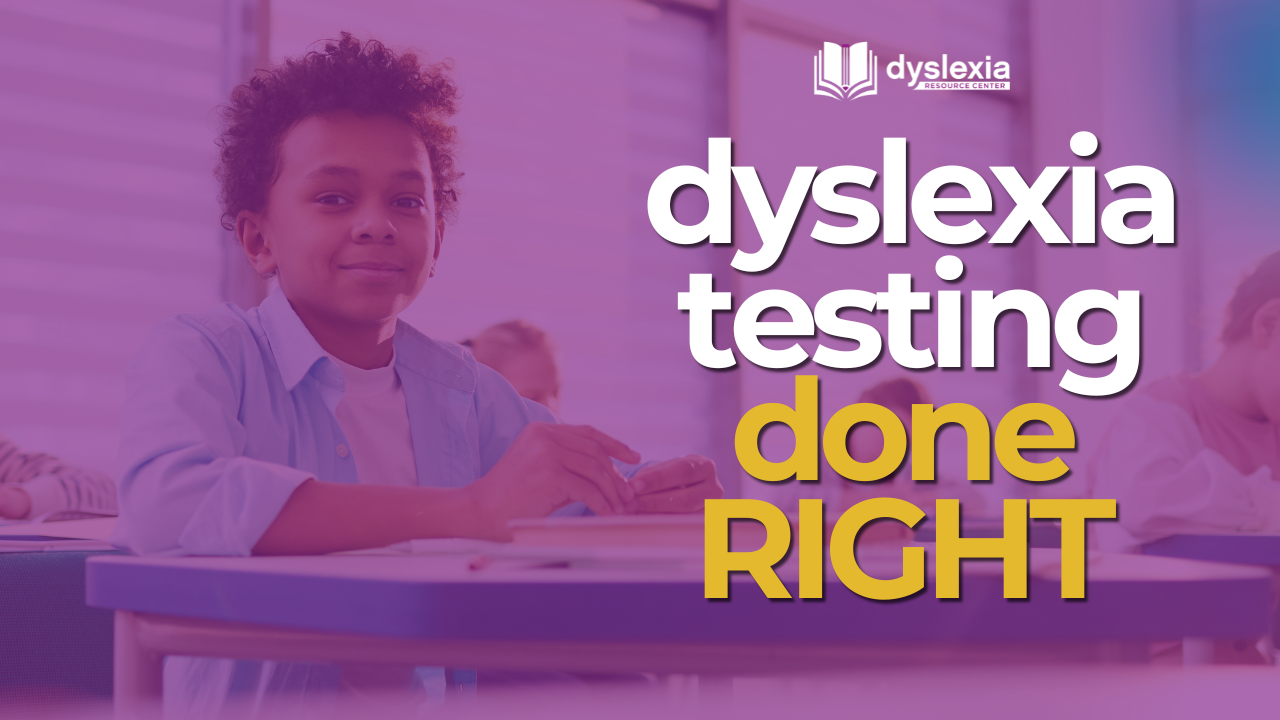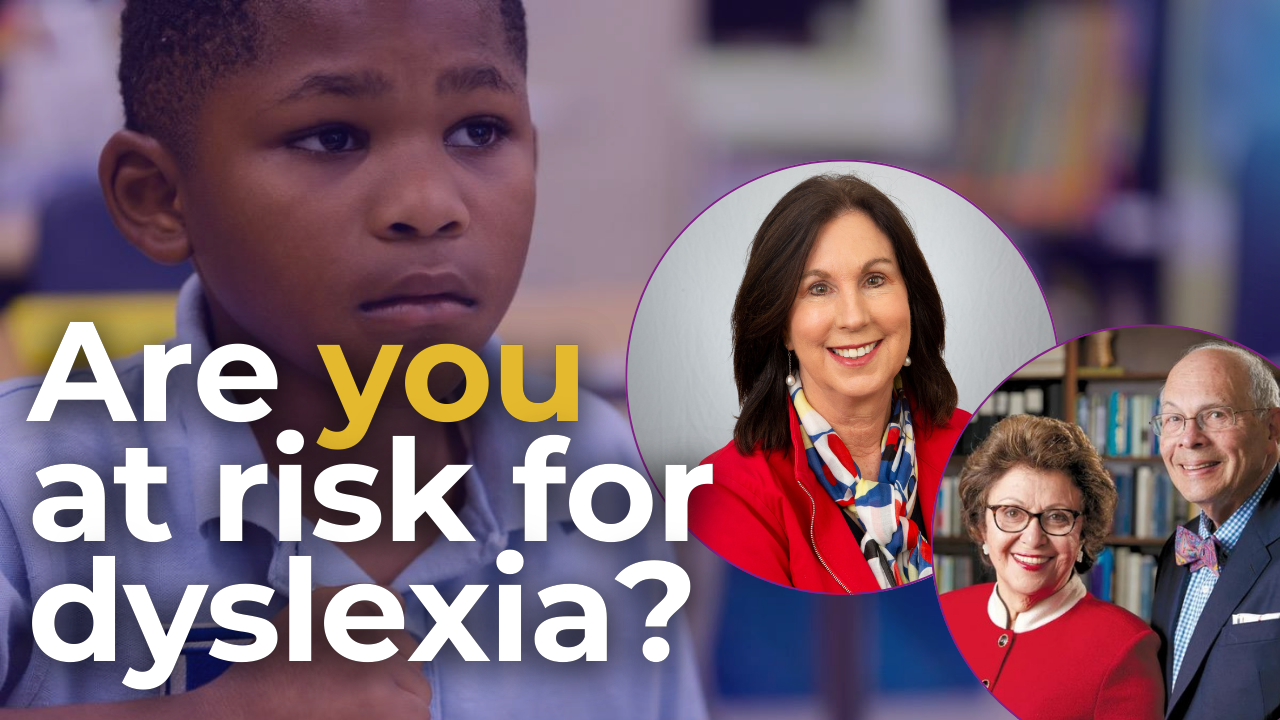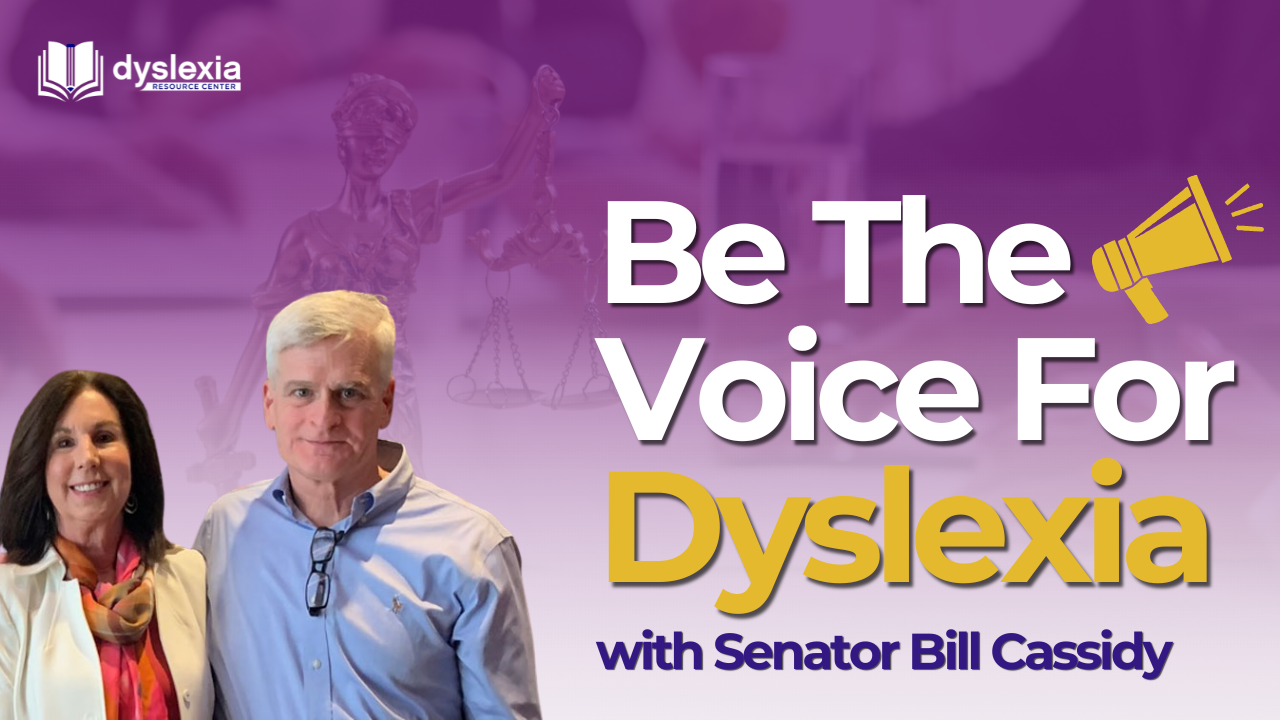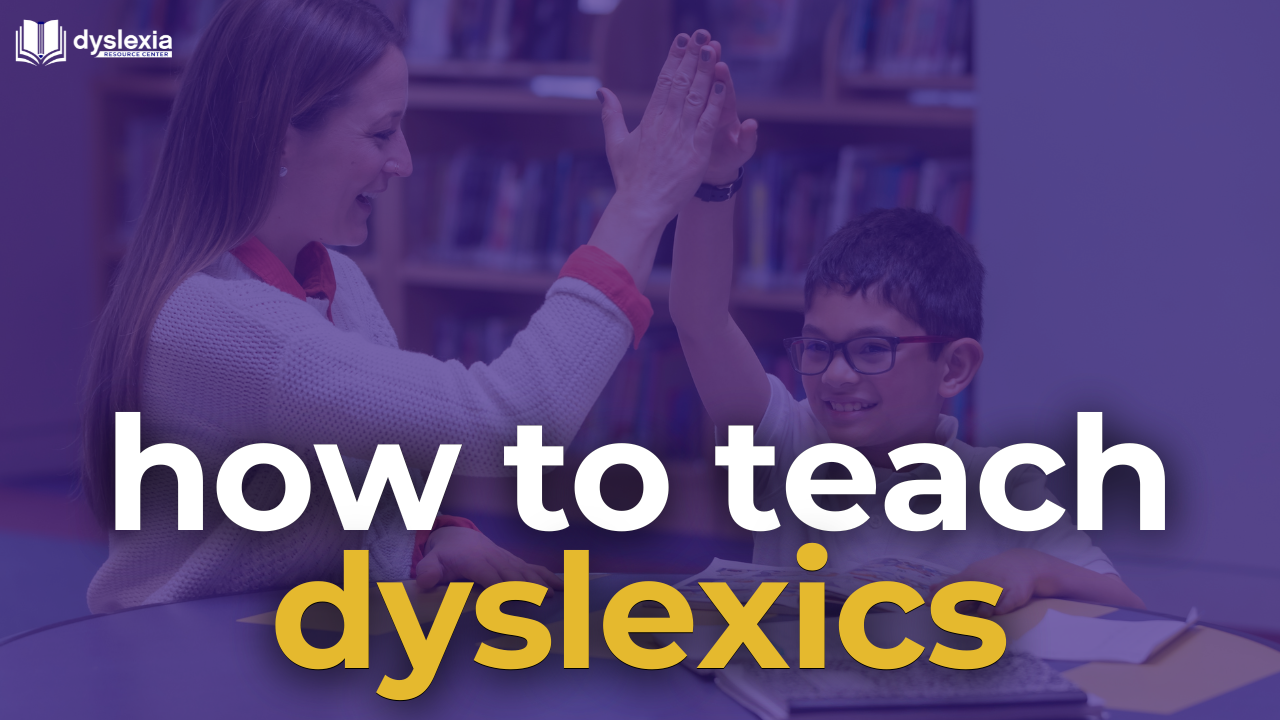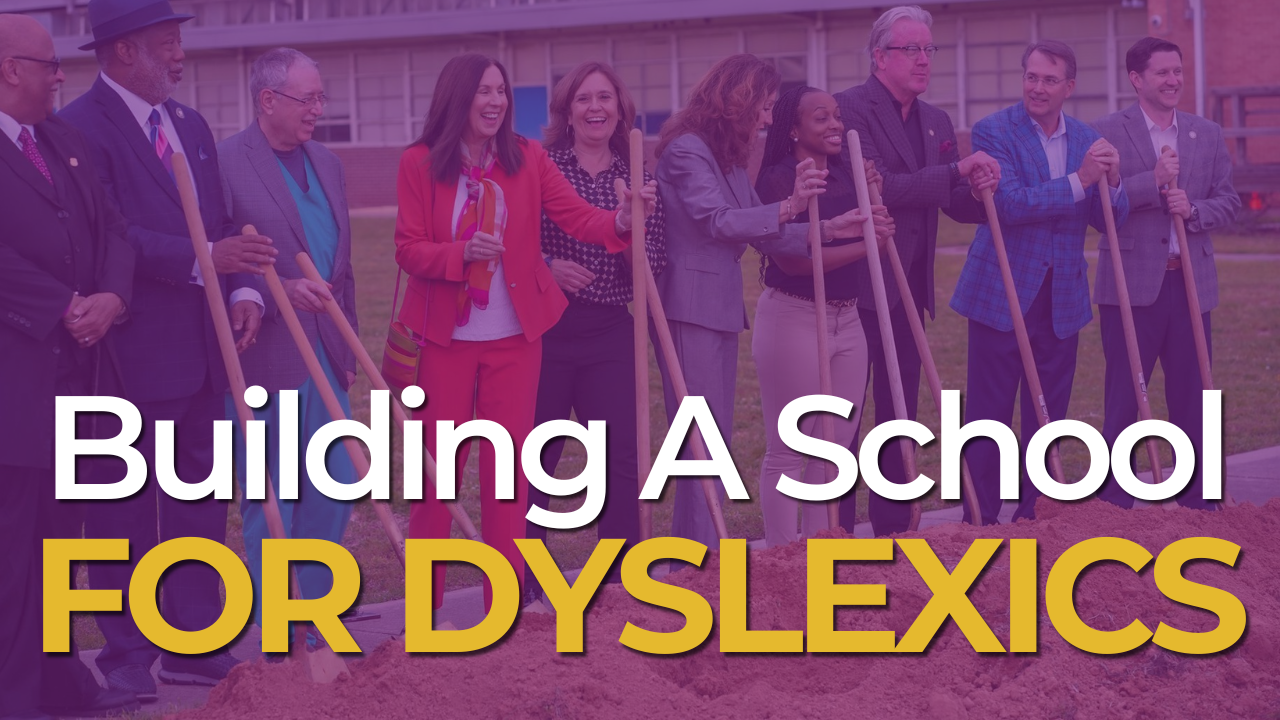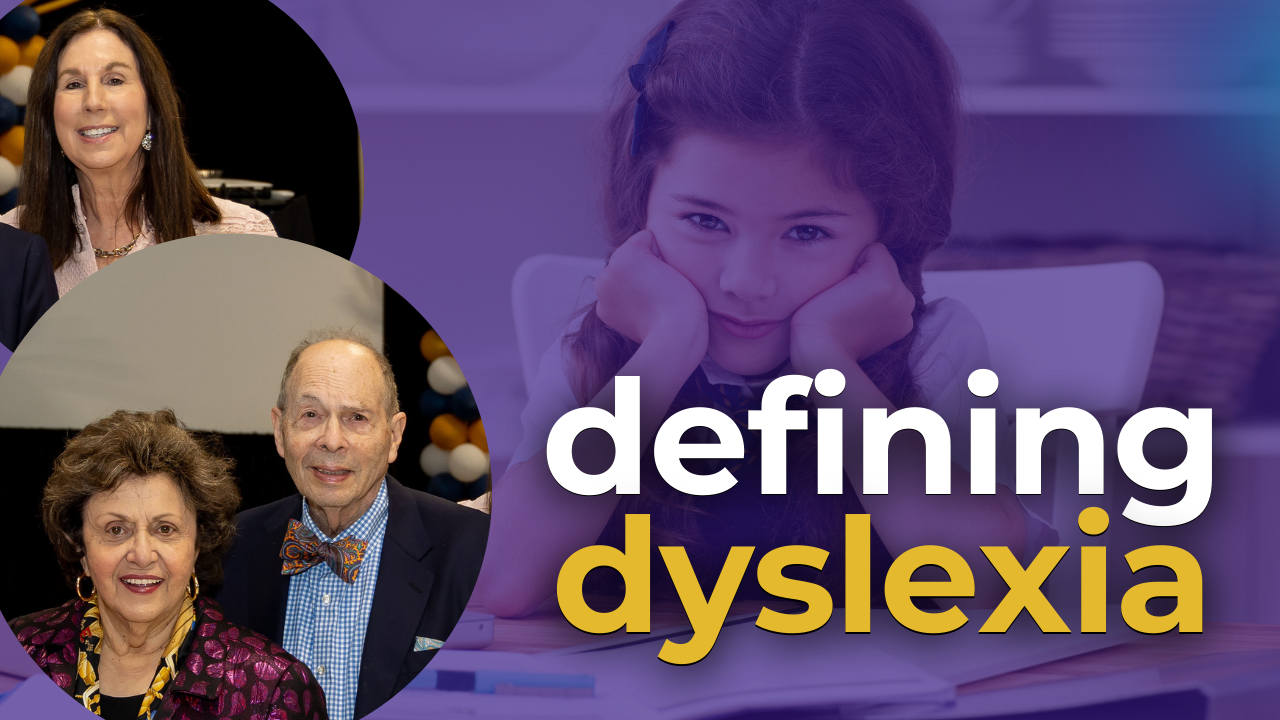More Truth About Dyslexia
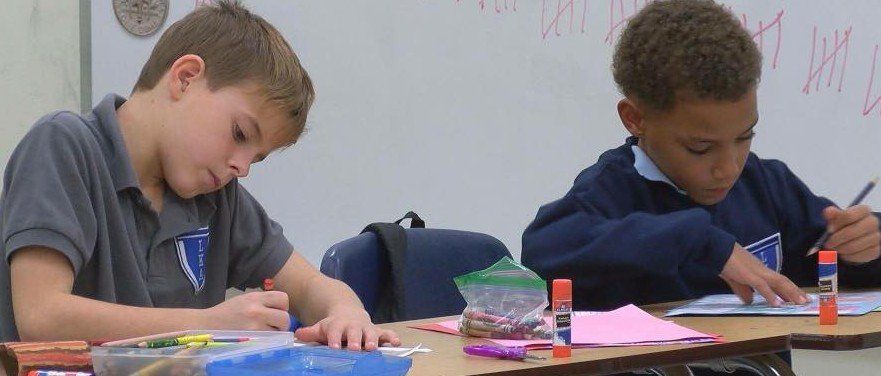
LKA is in its 4th year. We take current scientific knowledge about dyslexia into the classroom, aligning science and education. Dyslexia is a difficulty with the phonological component of language, an inability to match the smallest part of the spoken word, the phoneme, to the letters and letter groups comprising written language. Brain imaging has revealed a neural signature for dyslexia, an inefficient functioning of areas in the left/back side of the brain-critical for skilled, fluent reading. Areas of the brain, responsible for reasoning, comprehension and other higher levels of thinking, are functioning perfectly normally. Dyslexia is therefore not a cognitive deficit but it makes reading, writing, spelling and speaking difficult. These are all skills taught and tested in elementary schools. If a child is not diagnosed as dyslexic, the teacher may assume the child is lazy or has a cognitive deficit, as these skills are the ones teachers use to assess children.
If a child is diagnosed with dyslexia, an evidence based curriculum acknowledges the deficit in phonological awareness and addresses this phonemic deficit. This deficit can be measured by the PA subtest of the CTOPP and progressively followed to monitor remediation. Decoding is pulling apart the word to its smallest part which our curriculum addresses by starting with the basic sounds of the alphabet and working sequentially from single sounds to blended sounds to simple words. It is repetitive to achieve mastery before taking the next step in the curriculum. Reading simple connected text is slowly introduced while the focus is still on decoding the printed word. All children do not have the same degree of dyslexia so progression in the curriculum is varied but the goal is for our children to read connected text at grade level. This is a sequential event that varies in time depending on the severity of the dyslexia. It is our belief that children, regardless of parental income, should be identified in kindergarten or 1st grade as dyslexic. If the child is not identified and/or not given an evidence based curriculum he/she will not read on grade level and will be dependent on external devices to read and function in life.
Students at LKA have moderate to severe dyslexia. Most, if not all, have failed a course or grade and/or repeated a grade. None of our students enter LKA reading on grade level and the student needs a curriculum that addresses their deficit in a systematic fashion as the school/student works toward reading fluently- accurately and with comprehension. This is a long process and the time estimate for success cannot be predicted. But, if the diagnosis is not made early and the curriculum is not delivered with fidelity we can predict that the child will not read on grade level. We can also predict that lack of a diagnosis and an evidence based instruction will result in the child feeling that s/he is not competent or intelligent and damage their self esteem.
